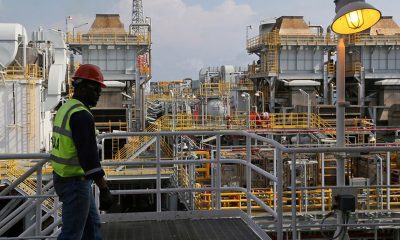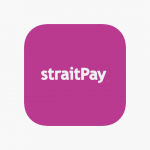Economy
Renaissance Exceeds Crude Output Target by 40% Month After Shell Acquisition
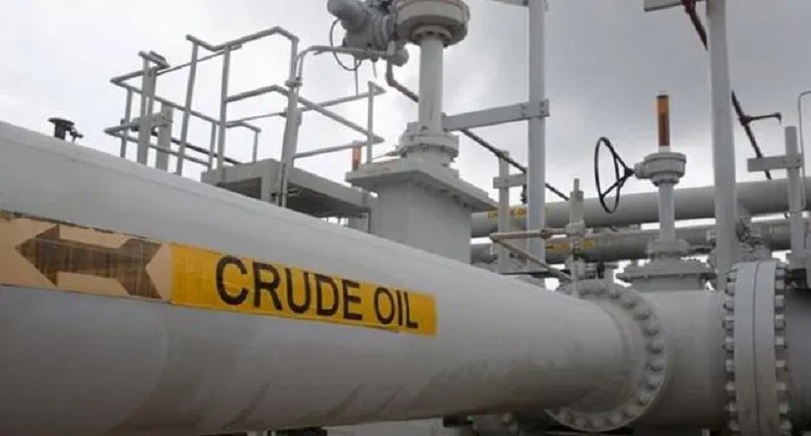
By Adedapo Adesanya
Renaissance Africa Energy Company Limited has exceeded crude oil production targets by 40 per cent in its first month of operating the former Shell Petroleum Development Company (SPDC) Joint Venture assets.
In a statement lauding the development, the Nigerian National Petroleum Company (NNPC) Limited hailed the performance as “sterling and remarkable.”
The achievement in April 2025 is being viewed as a strong signal of renewed momentum in Nigeria’s upstream sector and a promising step toward boosting national oil output and economic growth.
“This is to commend Renaissance Africa Energy Company Limited, your esteemed leadership team and staff for exceeding the production target in your JV assets for April 2025,” said NNPC in an official letter signed by its Executive Vice President, Upstream, Mr Udobong Ntia.
The state oil company expressed hope that the April milestone would inspire Renaissance “towards accelerating the realisation of the initiatives for incremental production volumes while protecting the base.”
The company further pledged its support to the JV operator in “exploring collaborative opportunities, not only for production growth, but also for cost discipline given the current realities of our price environment.”
NNPC reiterated its target to ramp up oil production to over 2 million barrels per day by 2025 and sustain it through 2027, with projections to hit 3 million barrels per day by 2030.
Reacting to the commendation, Renaissance Managing Director and CEO, Mr Tony Attah, described the recognition as both “encouraging and motivating,” stating that the company remains committed to driving operational excellence.
“For us, it is a taste of the new beginning we have promised,” Mr Attah said.
He added that the Renaissance team was “already assessing additional high-impact initiatives and operational enablers capable of unlocking incremental production volumes while ensuring the integrity and protection of our existing base production.”
Mr Attah attributed the early success to strong collaboration with host communities, government stakeholders, JV partners, and the dedication of the workforce.
Economy
Nigeria Loses Over N710bn to Gas Flaring in Four Months
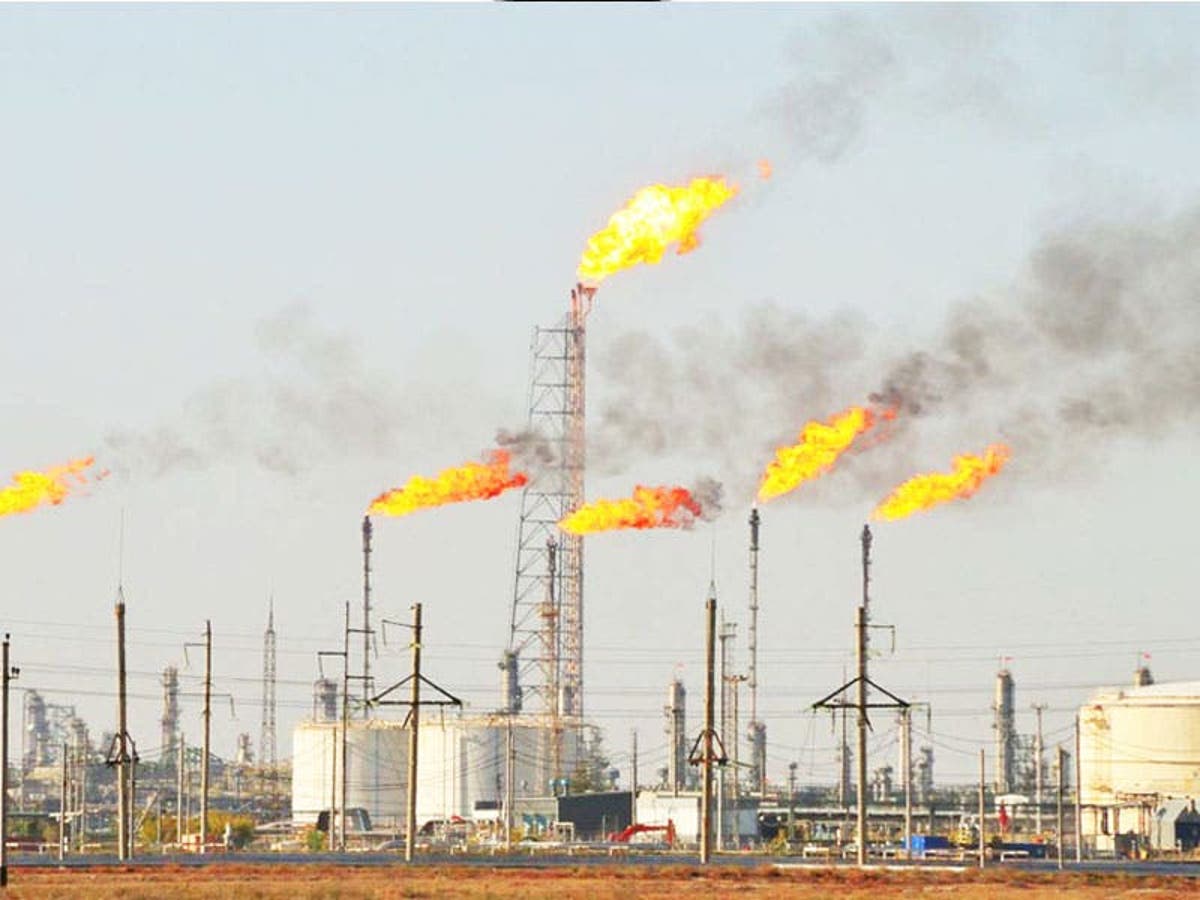
By Adedapo Adesanya
About N710.08 billion ($443.8 million) was lost to gas flaring in four months by oil and gas companies operating in Nigeria, the latest flare data released by the National Oil Spill Detection and Remediation Agency (NOSDRA) using an exchange rate of N1,600/$1 revealed.
The agency disclosed that the affected energy firms flared 126.8 billion standard cubic feet (SCF) of gas between January and April 2025, noting that this was 19.9 per cent higher than the N592.32 billion ($370.2 million) recorded in the same period of last year.
The oil spill agency noted that the gas flared in the first four months in 2025 contributed 6.7 million tonnes of greenhouse gases into the atmosphere; had power generation potential of 12,700 Gigawatts-hour (GWh), while the penalties accumulated by the offending companies was about N405.760 billion ($253.6 million,
In comparison, in the four-month period in 2024, Nigeria lost N592.32 billion ($370.2 million), about , to gas flaring, as oil and gas firms flared 105.8 billion SCF (BSCF) of gas, which contributed 5.6 million tonnes of carbon dioxide into the atmosphere, had power generation potential of 10,600 GWh, while the offending companies accumulated penalties of about N338.56 billion ($211.6 million).
Giving a breakdown of gas flared across different segments in the oil and gas sector, NOSDRA disclosed that companies operating onshore flared 85.4 billion SCF of gas, representing 67.4 per cent of the total flared in the four-month period, and valued at about N478.24 billion ($298.9 million).
The gas flared onshore, according to NOSDRA, had power generation potential of 8,500 GWh, contributed 4.5 million tonnes of carbon dioxide into the atmosphere; while the companies were liable for penalties of about N273.28 billion ($170.8 million).
Comparatively, in the same four-month period in 2024, companies operating onshore flared 54.6 billion SCF of gas valued at $191.2 million (N305.92 billion); with penalties payable at $109.3 million (N174.88 billion); carbon dioxide emissions of 2.9 million tonnes; and power generation potential of 5,500 GWh.
On the other hand, NOSDRA stated that companies operating offshore flared 41.4 billion SCF of gas between January and April 2025, and caused the country a loss of $144.9 million (N231.84 billion); contributed 2.2 million tonnes of carbon dioxide into the atmosphere; had power generation potential of 4,100 GWh, while the companies were liable for penalties of $82.8 million (N132.48 billion)
In comparison, offshore companies caused the country a loss of $179 million (N286.4 billion) between January and April 2024; and were to pay $102.3 million (N163.68 billion) as penalties; contributed 2.7 million tonnes of carbon dioxide into the atmosphere; while the gas flared had power generation potential of 5,100 GWh.
Furthermore, NOSDRA identified the offending companies as Shell Petroleum, Development Company (SPDC), Nigerian Petroleum Development Company (NPDC), Chevron Nigeria, Mobil Oil, Elf Petroleum Nigeria, Nigeria Agip Oil Company (NAOC), Addax Petroleum, Texaco Overseas (Nigeria), Esso Exploration and Production Nigeria, Allied Energy Resources, Ultramar Petroleum, Atlas Petroleum; Cromwell, Afric Oil and Marketing, Famfa Oil, Moni Pulo, and South Atlantic Petroleum, among others.
It stated that the offending companies flared gas from Oil Mining Leases (OML) 04, 05, 11, 13, 14, 17, 18, 22, 28, 23, 24, 38, 40, 42, 43, 72, 49, 54, 90, 95, 67, 70, 104, 59, 99, 100, 101, 102 and Oil Prospecting Licences (OPL) 222, 316 and 306, among others.
Economy
Dangote Refinery Now Operating at 80% Capacity, Embarks on Buying Spree
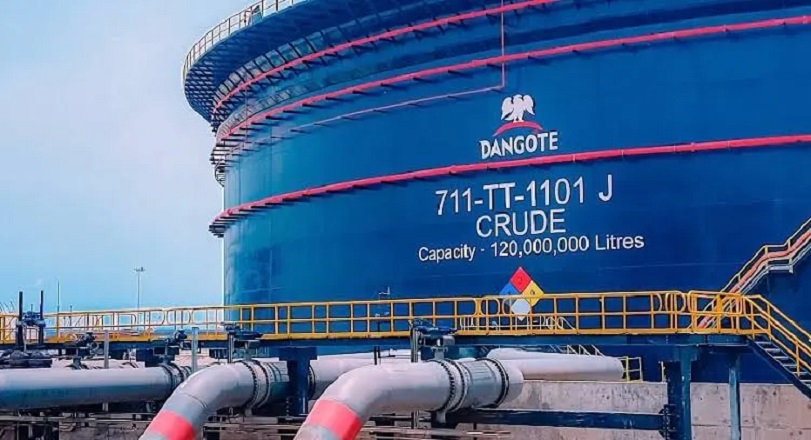
By Adedapo Adesanya
Dangote oil refinery is on a buying spree as it has been running at around 80 per cent since mid-March, according to industry monitoring group, IIR.
The 650,000 barrels per day is still far from achieving its full operational capabilities due to inadequate feedstocks, though it is currently targeting 85 per cent, according to Reuters, who quoted a spokesperson for the refinery as saying.
“It had been running at around 80 per cent since mid-March,” the publication cited.
To meet its target, the refinery will import at least five million barrels of US West Texas Intermediate (WTI) crude oil in July.
Commodity trader Vitol supplied two million barrels for July delivery in the latest Dangote tender, Azeri state-owned Socar another two million barrels, and Glencore, a mining and trading entity, sold the remaining one million barrels.
This will extended the Lagos-based refinery’s buying spree after a potential record tally for June.
It is set to import around 161,000 barrels per day of WTI in July after awarding tenders in recent days.
For the month of June, the Dangote Refinery booked a record 300,000 barrels per day volume.
Dangote’s previous record for US crude imports was 173,000 barrels per day in April, as per data from global shipping analytics firm, Kpler.
The refinery is taking that much crude from other sources because Nigeria cannot supply it adequately as the 1.5 million barrels per day it produces is tied to contracts with other oil firms.
This year alone in addition to the US, Dangote has bought crudes from Angola, Equatorial Guinea, Algeria, and Brazil.
Meanwhile, the refinery is expected to operate at reduced rates through to October due to a series of issues in recent months. It is not immediately clear what this will mean for supply in the Nigerian market.
Economy
MSM Group to Acquire Geregu Power, Plans $2.4bn Cement Factory in Kebbi
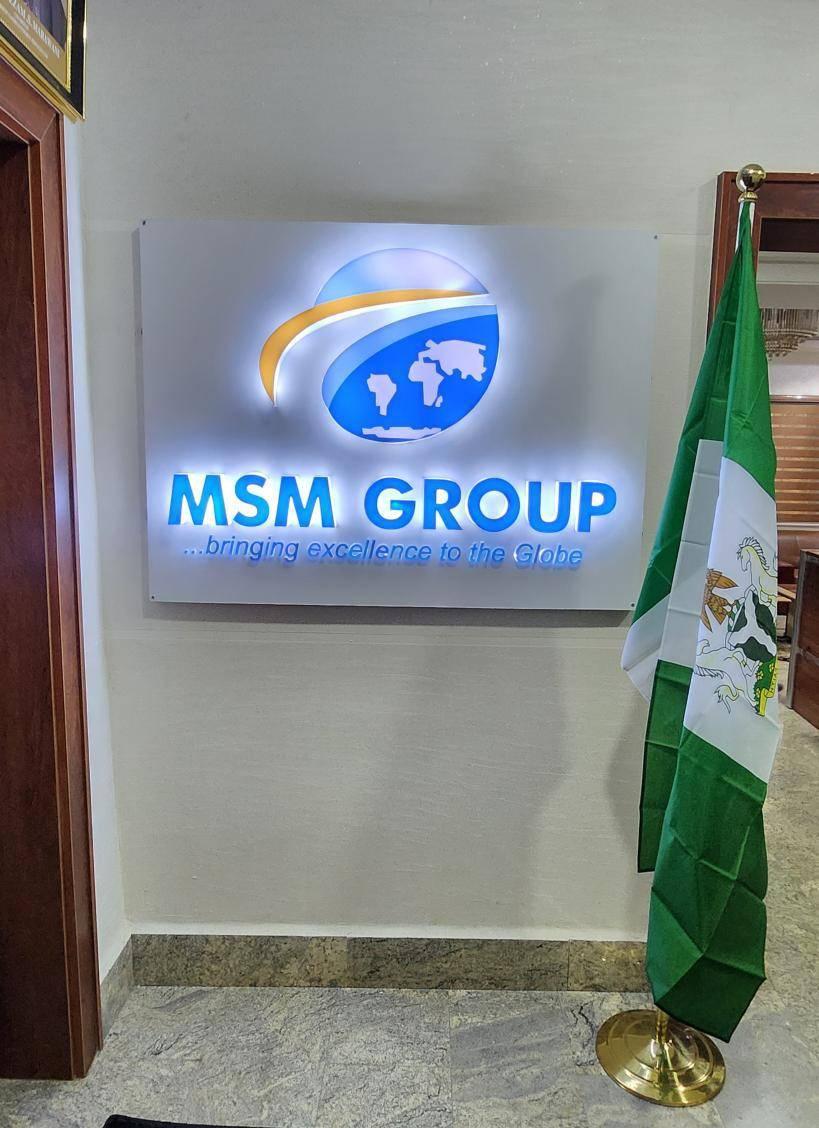
By Aduragbemi Omiyale
A Nigerian conglomerate, MSM Group, has expressed its desire to acquire one of the most strategic power assets in the country, Geregu Power plant.
The firm is showing interest in the power and energy sector because of the reforms and investor-friendly policies of the administration of President Bola Tinubu.
Also, the company wants to give the current cement makers a run for their money by establishing a multi-billion dollar factory in Kebbi State.
Already, it has signed a $2.4 billion agreement with the Kebbi State Government for the development of a three-million-metric-ton-per-annum cement plant.
The project, which is expected to generate over 45,000 direct and indirect jobs, marks one of the largest industrial commitments in the region in recent years.
It is believed that when completed, cement products from MSM Group will be the preferred brand among consumers, especially for the construction sector.
At the moment, Dangote Cement controls a market share of about 57 per cent in Nigeria, leaving Lafarge Africa, Mangal, BUA Cement, PureChem and others to jostle for 43 per cent.
The chairman of MSM Group, Mr Muazzam Mairawani, while signing the deals with the Kebbi State government in Abuja recently, said the company’s expansion drive aligns with Nigeria’s broader industrialisation drive and is set to stimulate economic activity in northern Nigeria.
He explained that the new cement factory would be developed in four phases, each to attract investment exceeding $600 million, marking a significant capital injection into Nigeria’s industrial economy.
“From now to production, our time frame is a maximum of two years,” he said, adding that MSM plans to expand to other states after Kebbi.
According to him, the organisation is also scouting greenfield opportunities in Edo and Gombe States, which will strengthen its bid to compete favourably with others.
-

 Feature/OPED5 years ago
Feature/OPED5 years agoDavos was Different this year
-
Travel/Tourism9 years ago
Lagos Seals Western Lodge Hotel In Ikorodu
-

 Showbiz2 years ago
Showbiz2 years agoEstranged Lover Releases Videos of Empress Njamah Bathing
-

 Banking7 years ago
Banking7 years agoSort Codes of GTBank Branches in Nigeria
-

 Economy2 years ago
Economy2 years agoSubsidy Removal: CNG at N130 Per Litre Cheaper Than Petrol—IPMAN
-

 Banking2 years ago
Banking2 years agoFirst Bank Announces Planned Downtime
-

 Sports2 years ago
Sports2 years agoHighest Paid Nigerian Footballer – How Much Do Nigerian Footballers Earn
-

 Technology4 years ago
Technology4 years agoHow To Link Your MTN, Airtel, Glo, 9mobile Lines to NIN




